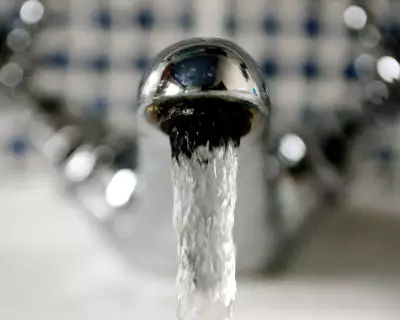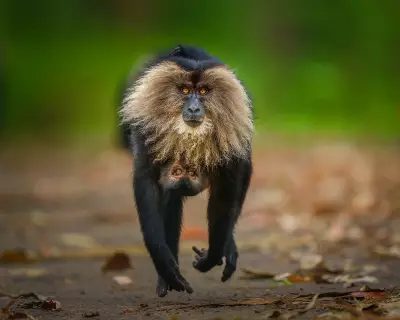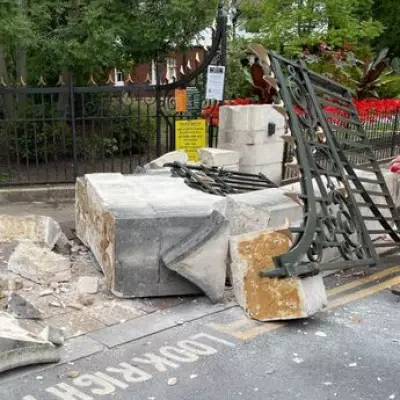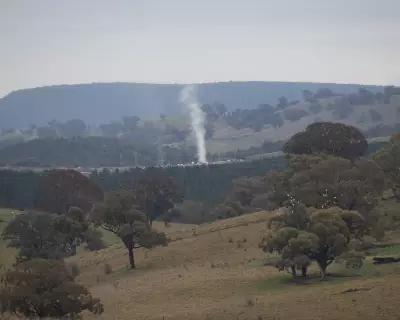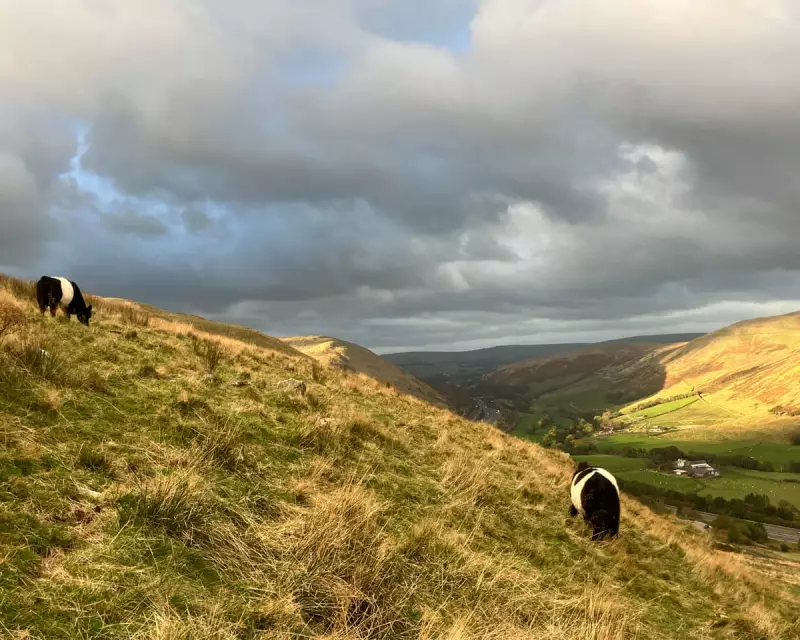
In the rolling fields of the British countryside, a quiet technological revolution is underway that's transforming centuries-old farming practices. Farmers are increasingly turning to remote control technology to manage their land with unprecedented precision and efficiency.
The New Face of Farming
Gone are the days when farming relied solely on manual labour and traditional methods. Today's agriculturalists are embracing a suite of remote-controlled devices that allow them to monitor crops, manage livestock, and maintain equipment from a distance. This technological shift represents one of the most significant changes in farming since the industrial revolution.
Precision Agriculture Takes Centre Stage
Modern farming operations now utilise drones equipped with high-resolution cameras that provide real-time data on crop health, soil conditions, and irrigation needs. Farmers can analyse this information from their farm offices or even smartphones, making informed decisions without setting foot in the field.
The benefits are substantial:
- Reduced fuel consumption and lower carbon emissions
- Minimised soil compaction from heavy machinery
- More precise application of water and fertilisers
- Early detection of pest infestations and crop diseases
Beyond Crop Management
The remote control revolution extends far beyond arable farming. Livestock farmers are implementing automated feeding systems and remote health monitoring, while dairy operations use robotic milkers that operate around the clock. Even traditional tasks like fence checking and water trough monitoring are being transformed by remote sensors and cameras.
The Human Element
Despite the technological advances, farmers emphasise that these tools complement rather than replace human expertise. The technology allows experienced farmers to make better use of their knowledge, freeing them from routine tasks to focus on strategic decision-making and sustainable practices.
As one seasoned farmer noted, "This isn't about removing the farmer from the land - it's about giving us better eyes and ears across every acre."
The Future of British Farming
This technological evolution comes at a crucial time for UK agriculture, facing challenges from climate change to labour shortages. Remote control technology offers a pathway to greater productivity while supporting environmental sustainability goals. As these innovations become more accessible and affordable, they're set to become standard practice across farms of all sizes.
The British countryside may look much the same to the casual observer, but beneath the surface, a digital transformation is quietly reshaping one of our oldest industries for the 21st century.

